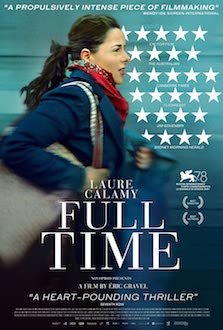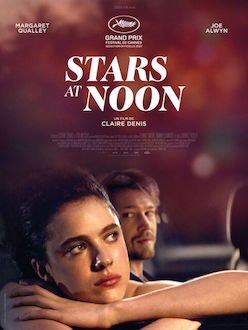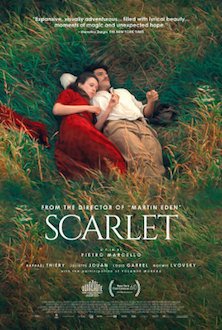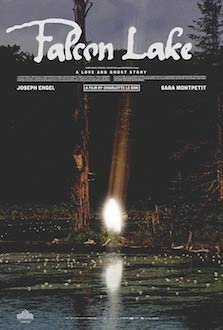Direction: Andrea Di Stefano
Country: Italy
Embracing gritty neo-noir flavors, Last Night of Amore is the latest film by Italian writer-director Andrea Di Stefano, whose previous works include Escobar: Paradise Lost (2014) and The Informer (2019).
This is the story of Milan police lieutenant Franco Amore (played with charisma by Pierfrancesco Favino), known not only for his adamantine honesty but also for never having shot a gun over the course of his 35-year career. On the eve of his retirement, his life is turned upside down after an on-the-side security job goes wrong. Unexpectedly, it’s his super ambitious wife, Viviana (Linda Caridi), who pulls him out of a deep, dark hole.
Shot in 35mm, this cop thriller mounted with a mix of plausible and beyond-belief scenarios, has its narrative set against the backdrop of a heated, disturbing Milan where the Italian and Chinese mafias cooperate with cynicism. Di Stefano knows his way around the genre and provides the adequate classic structure and the desperate, nocturnal atmosphere to make it noir. Even so, stalling moments found in the loopy middle part of the film weaken a tale that is only lifted up again by an amusing epilogue. Moreover, the Chinese characters are depicted as caricatures of themselves and never really look scary or even serious.
Not even close to mind-blowing, Last Night of Amore still comes shrouded in an acceptable aura of obscurity that triggers curiosity.








































